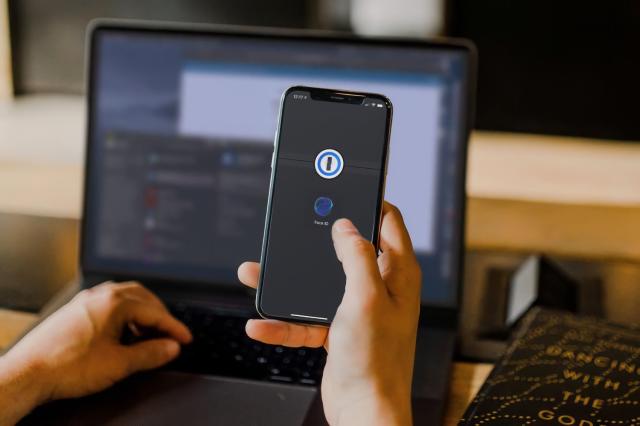Starting this summer, the password vault 1Password will allow you to safeguard your password vault with a passkey, embracing a new authentication technique that is intended to be as simple to utilize as passwords but much more secure.
When it relates to creating and memorizing the tens or hundreds of passwords we use every day, password managers are fantastic. However, a single password might be a vulnerability for a hacker attempting to access all of your accounts.

Chief Product Officer of 1Password, Steve Won noted, “For passkeys to be the way forward, it’s not enough for them to replace some of your passwords,” They have to be able to replace all passwords — including the one you use to unlock 1Password.”
With the support of the FIDO (Fast Identity Online) Alliance, a business alliance, Apple, Microsoft, and Google developed passkeys. Passkeys employ a method similar to hardware security keys, the most secure login technique available, but they are made to be simpler to use when authenticating into an app or service.
Also Read: Google will blur explicit images in search by default
One must have a device like a smartphone or a computer that is registered with the application or service in order to utilize passkeys. The second authentication step that the device does will probably be a biometric scan of one’s face or fingerprint. Advocates of passkeys contend that they will be as user-friendly as passwords while being significantly safer.
Their benefits include blocking phishing attacks because they can’t be used on fake websites meant to trick users into providing personal information.
Even if someone steals their master password, 1Password has an additional authentication safeguard called a secret key required to access this password on a new device, so it’s not necessarily a catastrophe. Passkeys, however, are superior and “a win-win for both security and usability,” according to Won.
Passkey support was added to iOS by Apple in 2022, and Google added it to Chrome in 2022. This year, Google is introducing it to Android.
The majority of users probably create, save, and sync passkeys using Google or Apple password managers, but Dashlane, a competitor of 1Password, began beta-testing passkey functionality for logging in to passkey-supporting websites and applications in September.
With 1Password’s method, users may extend passkey authentication to some other trusted device utilizing already-existing passkey QR code functionality after they set it up on one device, such as their phone.
Also Read: Salesforce’s Bret Taylor to Start AI Firm With Departing Google VP
The growing security problems related to conventional passwords are the driving force behind the use of passkey technology. They can be hacked or otherwise exposed in data breaches, giving attackers access to personal data, and they are vulnerable to phishing attacks.
Even if users presently sign in to one 1Password account utilizing biometrics like Face ID or fingerprint scanners, the company reminds users that while these sign-on features may be more secure, they are ultimately still dependent on the passwords they are attached to.

I am a law graduate from NLU Lucknow. I have a flair for creative writing and hence in my free time work as a freelance content writer.